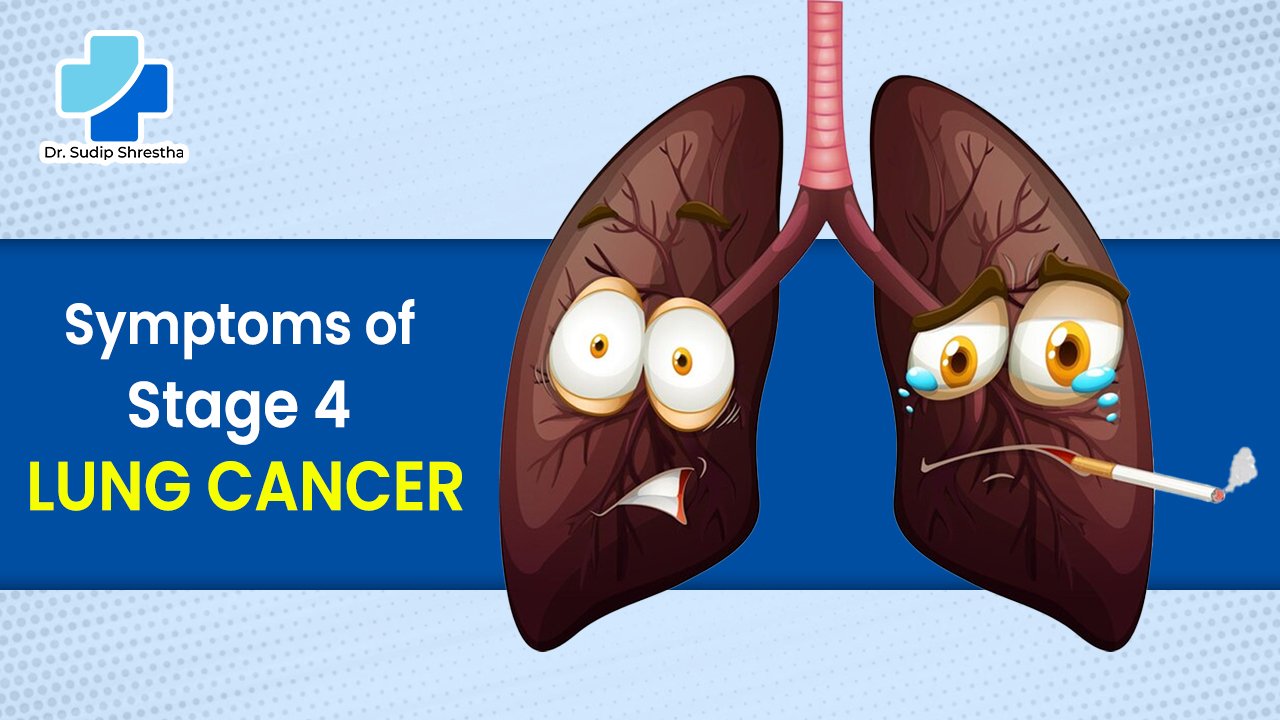Today, let’s talk about something important: stage 4 lung cancer. You might have heard about it before, but do you know what happens when it gets really serious, like in stage 4? Don’t worry if you don’t; that’s what we’re here to learn about together!
So, what is stage 4 lung cancer? Well, it’s the most serious stage of lung cancer. By this stage, the cancer has spread to other parts of the body. This makes it harder to treat, but knowing the symptoms can help people get help sooner.
Here are some symptoms of stage 4 lung cancer:
- Coughing: Sometimes, people with it have a cough that doesn’t go away or gets worse over time. It might even bring up blood, which can look scary.
- Shortness of Breath: People might feel like they can’t catch their breath, even when they’re not doing anything tiring. This can make simple activities like playing or running around feel really hard.
- Chest Pain: The chest might hurt, and it could get worse when breathing deeply, coughing, or laughing. It’s like a sharp or dull pain that won’t go away easily.
- Fatigue: Feeling super tired all the time, even after resting, is a common sign. It’s like feeling exhausted no matter how much sleep you get.
- Weight Loss: Sometimes, people with stage 4 lung cancer lose weight without trying to. This happens because the cancer makes the body work harder, using up more energy.
- Loss of Appetite: People might not feel hungry or want to eat much. This can make them lose even more weight and feel weaker.
- Bone Pain: If the cancer has spread to the bones, it can cause pain, especially in the back or hips. It might hurt to walk or move around.
- Headaches or Dizziness: Cancer that spreads to the brain can cause headaches or make people feel dizzy or confused. It’s like feeling lightheaded or not being able to think clearly.
- Yellowing of Skin or Eyes: Sometimes, it can spread to the liver, causing jaundice. This makes the skin and eyes turn yellow.
Remember, just because someone has these symptoms doesn’t mean they definitely have stage 4 lung cancer. But it’s important to tell a grown-up if you or someone you know has any of these signs. Doctors can help figure out what’s going on and how to make things better.
It’s also good to know that even though stage 4 lung cancer is serious, there are treatments and medicines that can help people feel better and sometimes even get better. And most importantly, being there for someone who’s going through a tough time, whether they’re a family member, friend, or neighbor, can make a big difference.
Understanding things like stage 4 lung cancer might seem a bit scary, but learning about them helps us be brave and ready to help others. And when we’re brave and kind, we can make the world a better place for everyone. So let’s keep learning and caring for each other!
Stay curious, stay kind, and keep shining bright, my young friends! See you next time!



